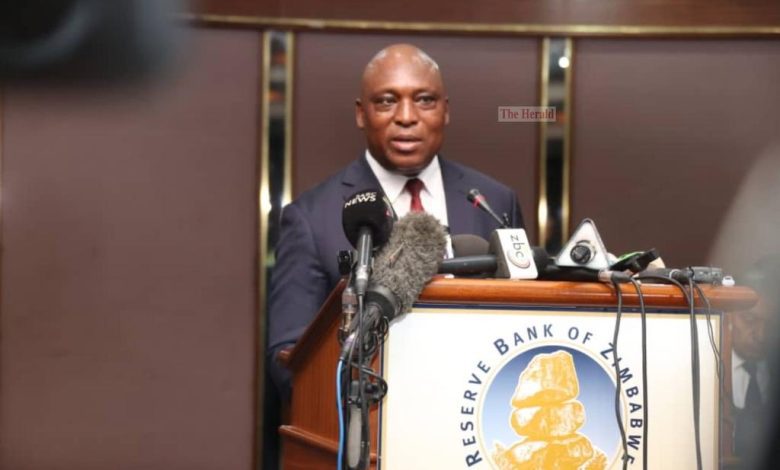Zimbabwe imposes new charge on foreign payments
All outward payments from Zimbabwe to any foreign country for the next six months will attract a one percent charge up to a maximum of US$50 000 as part of measures gazetted by President Mnangagwa yesterday to stem the loss of value of the local currency seen in the past few months.
The measures are contained in Statutory Instrument 107 of 2023 cited as Exchange Control (Control of Payments) (Charge on Specified Outbound Foreign Currency Payments) Regulations, 2023 which the President gazetted in terms of the Exchange Control Act.
The one percent charge is paid by all banks and similar institutions, including mobile money transfer agencies paying someone outside the country.
According to SI107 the protection of the domestic currency is an aspect of monetary sovereignty exercisable by the President by virtue of his prerogative powers, that is as head of Government.
The collected funds will be deposited in a Debt Redemption Sinking Fund established in terms of section 32 of the Public Debt Management Act.
The funds that will attract the charge should have been obtained from the Dutch Auction Foreign Currency Market operated by the Reserve Bank of Zimbabwe every week or, for most of the funds now sent out, from the interbank market operated by banks to payees outside Zimbabwe.
The regulations set the one percent rate to be charged, levied and collected on outbound foreign payments in accordance with the up to a maximum of US$50 000 or the equivalent in any other foreign currency at the international cross rate of exchange prevailing on the time of the mediation.
The payment would need to be more than US$5million, which very few are, before the maximum applied.
Banks must withold and remit to the Debt Redemption Sinking Fund the outbound foreign currency charge on each such transaction that the bank mediated, and must pay the charge into the fund within 10 days of the payment.
Late charge payments mean a modest surcharge, but any bank delaying further so that the delay is now an offence, will be fined the full sum that was not paid in the charges. And if they cannot pay that fine then every director of the bank will be liable to six months jail.
The SI said the value of the Zimbabwe dollar was largely pegged to the value of recognised foreign currencies commonly used as a means of international payments and that the volume of outbound payments made from Zimbabwe in those foreign currencies was exerting substantial downward pressure on the value of the Zimbabwe dollar.
The burden of servicing the country’s foreign debt was also putting indirect but significant strain on the value of the Zimbabwean dollar and it was therefore desirable to mitigate such pressure by imposing as a temporary measure a charge on such payments.
The financial institutions covered include banks, building societies, the Reserve Bank of Zimbabwe, the People’s Own Savings Bank, the Zimbabwe Development Bank, the successor company to the Agricultural Finance Corporation, ZimPost, all providers of mobile banking services, and the operator of any mobile money transfer platform, regardless of how it is licensed,that facilitates the receipt of cash by a customer through hosting that customer and the bank, cellular telecommunication or telecommunication service operator or any combination of them.-chronicles











